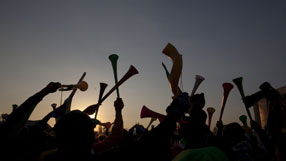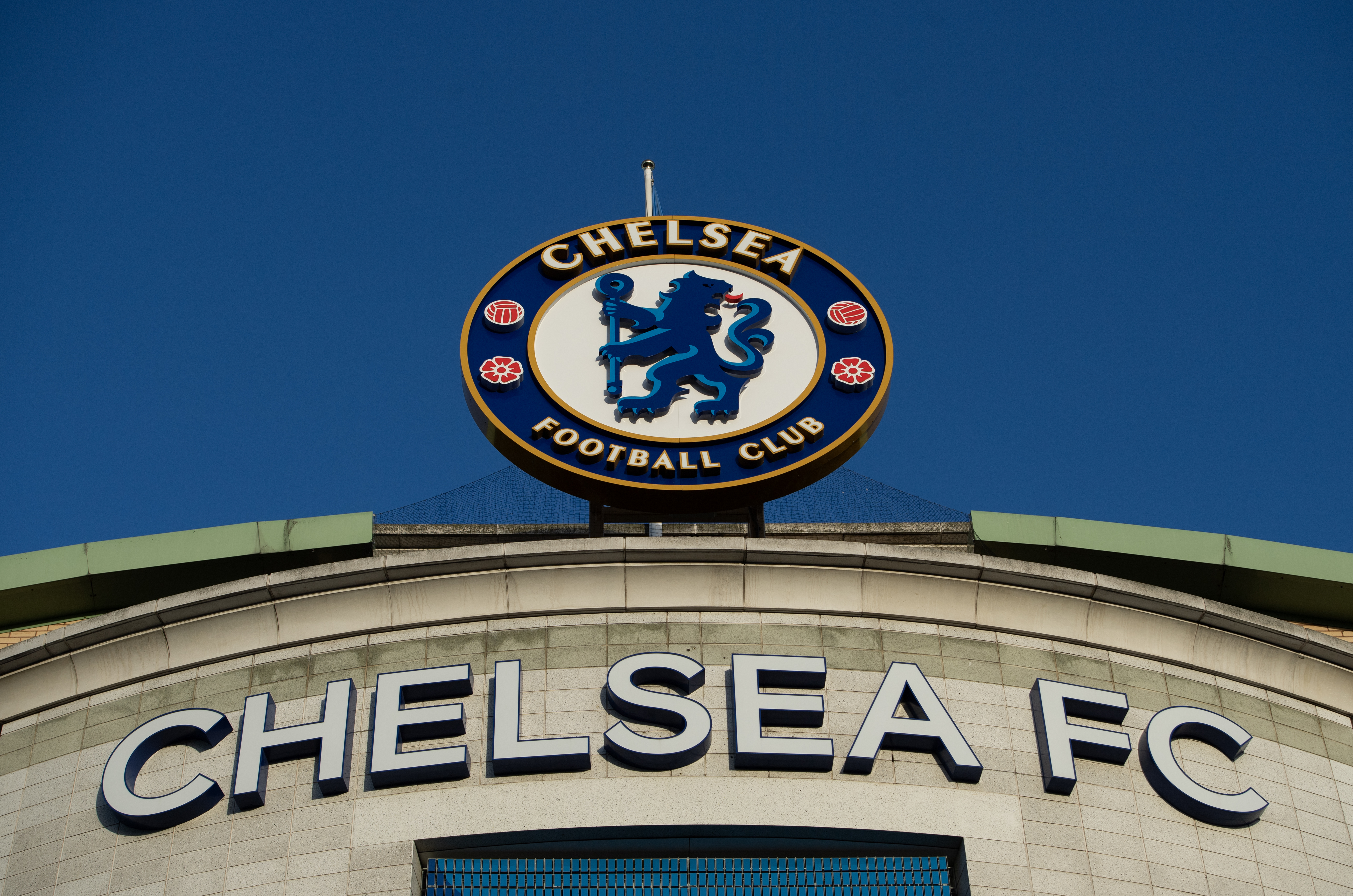
Even in anarchic Somalia, where hardline Islamists have killed people for defying a ban on watching the matches, African addiction to watching their favourite game is irresistible.
"The World Cup looks magic. My wife, children and I have been sleeping at midnight these days," Suleiman Olow told Reuters in Mogadishu, where residents have secretly put up makeshift satellite dishes.
Staring at television screens in shop windows, huddling around car radios or gathering at makeshift fan sites, Africans have come out in their thousands to see the action.
In capitals from Gaborone to Abidjan, restaurants and bars have erected large screens to draw crowds, who are still transfixed despite the poor showing by African teams.
"This is the year of Africa. Even if the cup is not won by an African team, it is already a victory for Africa. A victory for Nelson Mandela," said Maputo law professor Mouzinho Nicol's.
In poor townships, viewers swarm around tiny televisions or at fan sites with big screens in open fields.
In Pretoria, squatters, huddled in blankets against the bitter cold, watched one of the games in a church.
The best features, fun and footballing quizzes, straight to your inbox every week.
Employers have complained about workers not reporting for work during games, even though South African President Jacob Zuma asked companies before the cup started to be indulgent.
Six African teams qualified for the finals and even if most of them are already out, the locals have seen any successes as a victory for the continent, regardless of their nationality.
South Africans have blown their vuvuzela trumpets enthusiastically for any African side, not just their own Bafana Bafana, who are still being feted like heroes despite being the first host nation knocked out of the first round.
"This is a once in a life time African World Cup and I am enjoying every bit of it," said Martin Phiri, a football fanatic in a Malawi drinking den.
POWER WOES
Power problems plague most of Africa, where many areas are off the national grid, but even that has not deterred the population from getting to see the games.
In rural Rwanda and Zambia, local authorities and the United Nations Children's Fund (UNICEF), set up inflatable screens and generators to enable residents watch some of the live broadcasts.
Malawi's president, like authorities in several other countries, has asked people to conserve power to limit the chance of blackouts.
Deep in the Ghanaian bush, solar generators allowed villagers to see a televised match for the first time in their lives, and crowds hollered when Ghana beat Serbia and became the first African winners at the 2010 tournament.
Elsewhere, farmers use car batteries to run their TVs.
"The villagers are happy to see the images. It helps us forget all of our problems," said Ivorian Magloire Gnankan.
Africans also hope that South African success in staging the huge logistical operation necessary for the World Cup will reverse stereotypes of hunger, AIDS and crime and show the mod
 Join The Club
Join The Club





